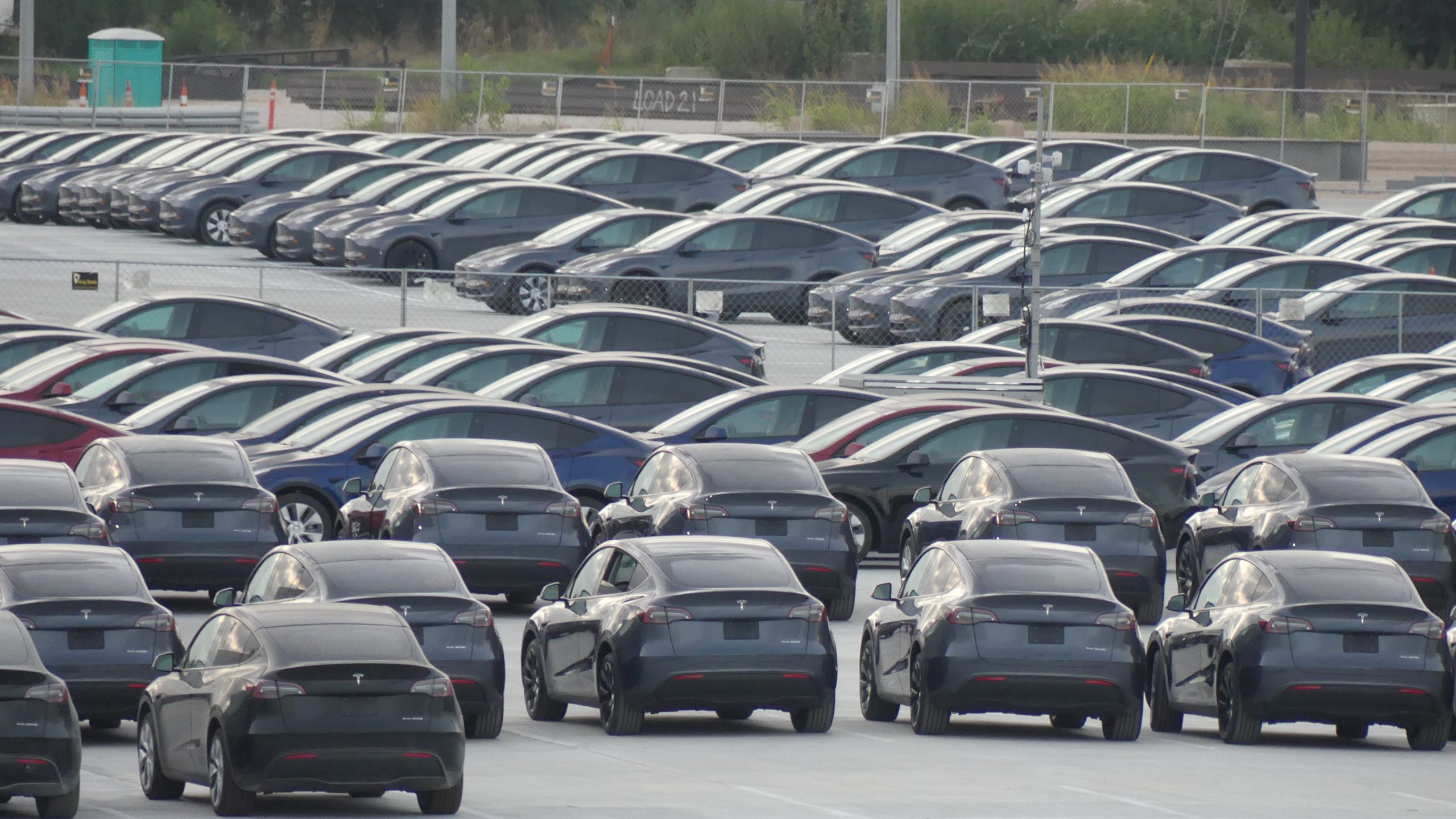
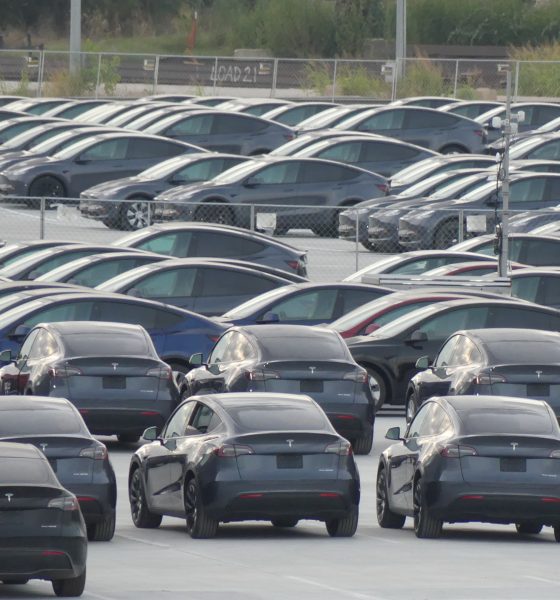
News
U.S. Supreme Court to hear challenge on California emission rule waiver
The U.S. Supreme Court is set to hear a challenge from fuel companies against California’s ability to create its own emissions rules, in a case that could set a major precedent for how states handle making their own standards in efforts to lower greenhouse gas emissions through electric vehicle (EV) adoption.
After the Environmental Protection Agency (EPA) granted California an exemption from federal air pollution laws in 2022, effectively letting the state set its own vehicle emissions rules, the U.S. Supreme Court last week agreed to listen to a bid from a Valero Energy subsidiary and other fuel groups to challenge the exemption (via Reuters).
Valero’s Diamond Alternative Energy and other associated fuel business lobby groups argue that the waiver oversteps the power of the EPA under the Clean Air Act, under which the federal rules are set. The groups also argued that such a decision would lower demand for their liquid fuels, ultimately inflicting harm on their bottom line.
RELATED: U.S. Congressman urges President Biden to end EV transition goals
In the appeal, the groups also said that California was overstepping its power, acting as a “junior-varsity EPA” by making regulatory decisions to combat climate change and force the adoption of EVs upon consumers—choices the group says the state does not have the right to make.
The decision also comes after the EPA was backed by the U.S. Court of Appeals for the District of Columbia in April, with the court throwing out a legal challenge against the waiver from a group of 17 Republican-run states. In that appeal, backers also argued that California’s ability to set its own emissions rules gave the state unconstitutional regulatory power, which they said isn’t available to other states.
The waiver has long been a point of contention, originally dating back to a 2013 decision to offer California the waiver. In 2019, the Trump administration rescinded that waiver, before the EPA was given power to reinstate it under the Biden administration in 2022.
California has also been a leader in pushing EV adoption through massive incentives, and an official ruling later in 2022 to ban the sale of new gas cars beginning in 2035. That ruling has since been followed by a handful of other states, including New Jersey, New York, Oregon, and Washington.
Last year, California’s battery-electric vehicle (BEV) sales also made up around one-third of all U.S. BEV sales, as led by Tesla.
Passed by the California Air Resources Board (CARB), the California ban also includes a gradual phase-out of gas vehicles set to begin in 2026, for which the state also required an EPA waiver. California has gained over 75 separate waivers since 1967, through which it has been able to lodge increasingly strict rules surrounding vehicle emissions performance and EV sales.
In February, the EPA actually loosened federal standards requiring automakers to sell a certain ratio of EVs by 2032. Previously, the agency required that automakers make 60 percent of sales come from BEVs and plugin hybrids by 2030, increasing that to 68 percent by 2032. Now, the agency mandates that manufacturers make 50 percent of their overall sales either plugin hybrids or BEVs by 2030.
What are your thoughts? Let me know at zach@teslarati.com, find me on X at @zacharyvisconti, or send us tips at tips@teslarati.com.
California’s proposed 2035 EV sales mandate faces scrutiny at EPA hearing
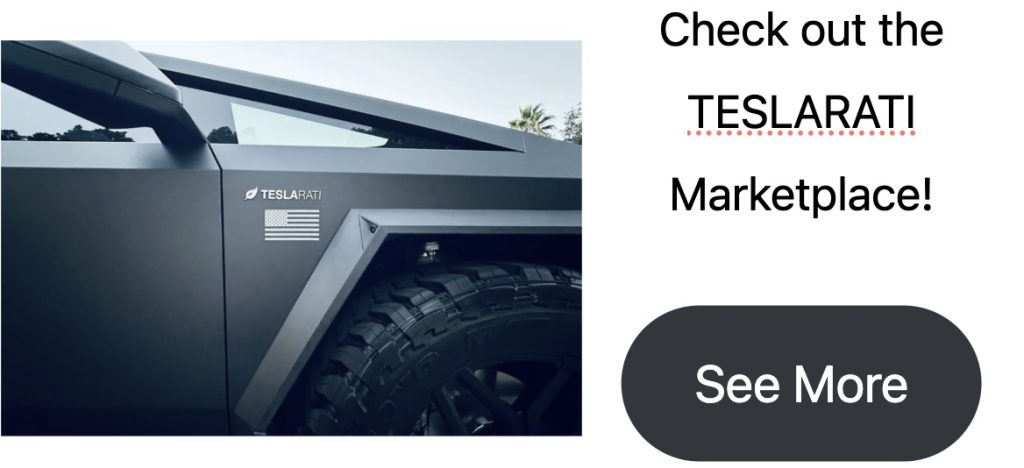
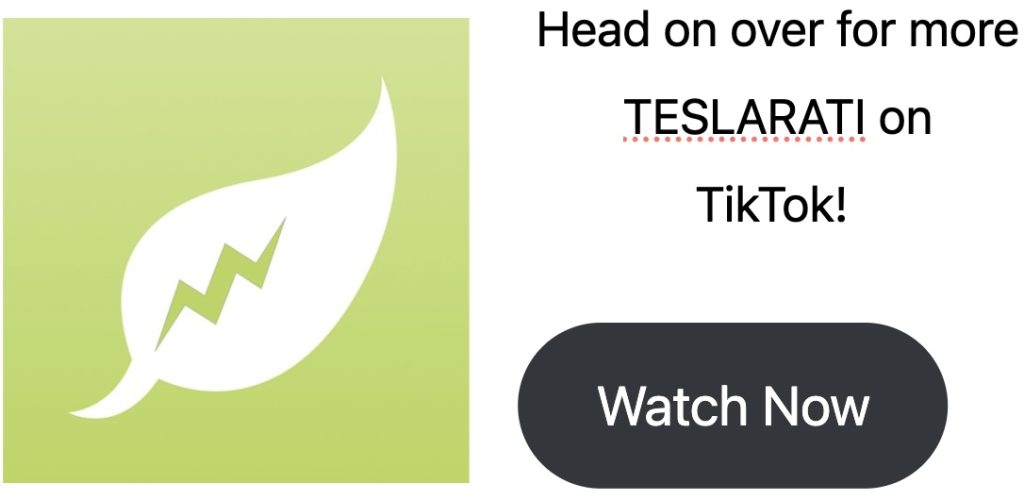

Elon Musk
Tesla Giga Berlin growth could stall if not “free from external influences”: Elon Musk
The comments were delivered in a pre-recorded video discussion.

Tesla CEO Elon Musk has reportedly warned that future expansion of Gigafactory Berlin could be jeopardized if the site does not remain “free from external influences.”
Musk’s comments were delivered in a pre-recorded video discussion with employees and came at a sensitive moment for the facility, where union representation has been a recurring issue.
According to reports from Handelsblatt and Der Spiegel, citing participants at the event, Musk suggested that if Giga Berlin is no longer “free from external influences,” further expansion would become unlikely. He did not, however, hint that the plant would shut down.
While Musk did not name IG Metall directly, his remarks were widely interpreted as referencing the union, which is currently the largest faction on the works council but does not hold a majority, as noted in an electrive report.
The video conversation was conducted between Musk in Austin and Grünheide plant manager André Thierig, then played back to the workforce in Germany. Works council elections are scheduled for early March, heightening the tension between management and organized labor.
The CEO has previously voiced concerns that stronger union influence could limit Tesla’s operational flexibility and long-term strategy in Germany.
Despite the warning on expansion, Musk praised the Giga Berlin site during the same address, describing it as one of the most advanced factories worldwide and highlighting its cleanliness and team culture.
The discussion also reportedly touched on battery cell production. According to attendees cited in German media, Musk indicated that Tesla has begun ramping cell production at the site. That would mark a notable shift from earlier expectations that large-scale cell manufacturing in Brandenburg would not begin until 2027.
Elon Musk
Tesla Full Self-Driving’s newest behavior is the perfect answer to aggressive cars
According to a recent video, it now appears the suite will automatically pull over if there is a tailgater on your bumper, the most ideal solution for when a driver is riding your bumper.
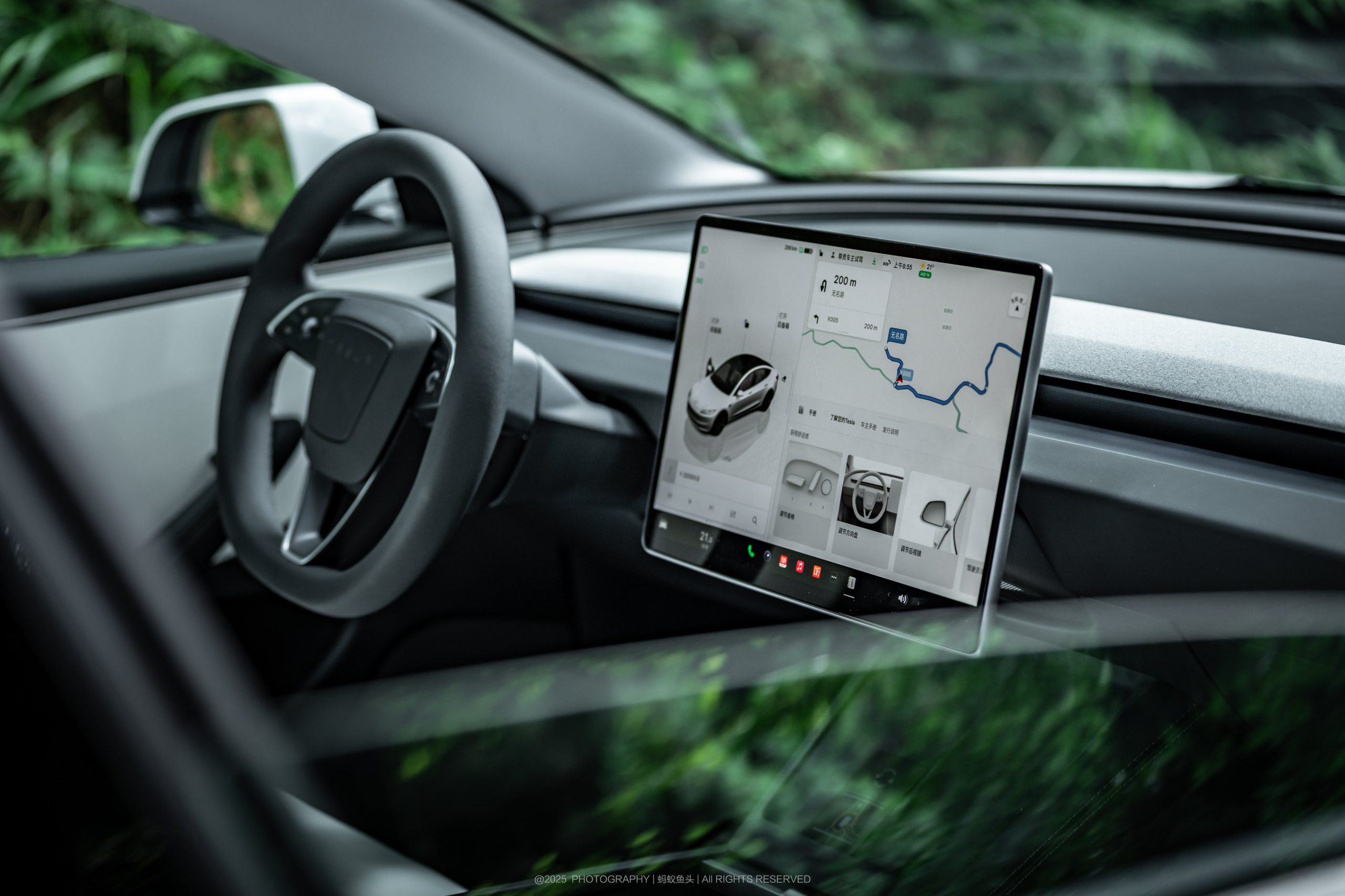
Tesla Full Self-Driving appears to have a new behavior that is the perfect answer to aggressive drivers.
According to a recent video, it now appears the suite will automatically pull over if there is a tailgater on your bumper, the most ideal solution for when a driver is riding your bumper.
With FSD’s constantly-changing Speed Profiles, it seems as if this solution could help eliminate the need to tinker with driving modes from the person in the driver’s seat. This tends to be one of my biggest complaints from FSD at times.
A video posted on X shows a Tesla on Full Self-Driving pulling over to the shoulder on windy, wet roads after another car seemed to be following it quite aggressively. The car looks to have automatically sensed that the vehicle behind it was in a bit of a hurry, so FSD determined that pulling over and letting it by was the best idea:
Tesla appears to be implementing some sort of feature that will now pull over if someone is tailgating you to let the car by
Really cool feature, definitely get a lot of this from those who think they drive race cars
— TESLARATI (@Teslarati) February 26, 2026
We can see from the clip that there was no human intervention to pull over to the side, as the driver’s hands are stationary and never interfere with the turn signal stalk.
This can be used to override some of the decisions FSD makes, and is a great way to get things back on track if the semi-autonomous functionality tries to do something that is either unneeded or not included in the routing on the in-car Nav.
FSD tends to move over for faster traffic on the interstate when there are multiple lanes. On two-lane highways, it will pass slower cars using the left lane. When faster traffic is behind a Tesla on FSD, the vehicle will move back over to the right lane, the correct behavior in a scenario like this.
Perhaps one of my biggest complaints at times with Full Self-Driving, especially from version to version, is how much tinkering Tesla does with Speed Profiles. One minute, they’re suitable for driving on local roads, the next, they’re either too fast or too slow.
When they are too slow, most of us just shift up into a faster setting, but at times, even that’s not enough, see below:
What has happened to Mad Max?
At one point it was going 32 in a 35. Traffic ahead had pulled away considerably https://t.co/bjKvaMVTNX pic.twitter.com/aaZSWmLu5v
— TESLARATI (@Teslarati) January 24, 2026
There are times when it feels like it would be suitable for the car to just pull over and let the vehicle that is traveling behind pass. This, at least up until this point, it appears, was something that required human intervention.
Now, it looks like Tesla is trying to get FSD to a point where it just knows that it should probably get out of the way.
Elon Musk
Tesla Megapack powers $1.1B AI data center project in Brazil
By integrating Tesla’s Megapack systems, the facility will function not only as a major power consumer but also as a grid-supporting asset.
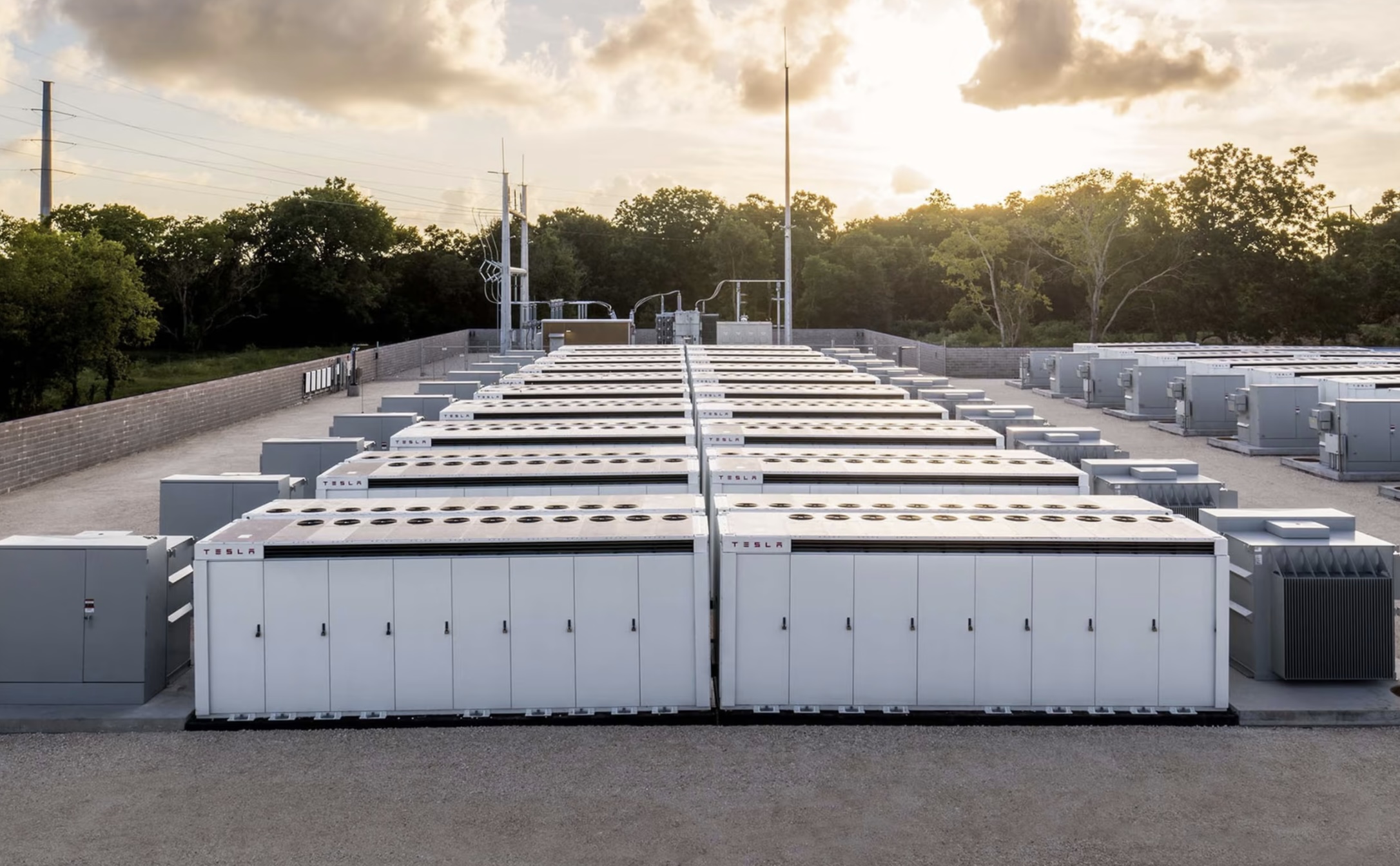
Tesla’s Megapack battery systems will be deployed as part of a 400MW AI data center campus in Uberlândia, Brazil. The initiative is described as one of Latin America’s largest AI infrastructure projects.
The project is being led by RT-One, which confirmed that the facility will integrate Tesla Megapack battery energy storage systems (BESS) as part of a broader industrial alliance that includes Hitachi Energy, Siemens, ABB, HIMOINSA, and Schneider Electric. The project is backed by more than R$6 billion (approximately $1.1 billion) in private capital.
According to RT-One, the data center is designed to operate on 100% renewable energy while also reinforcing regional grid stability.
“Brazil generates abundant energy, particularly from renewable sources such as solar and wind. However, high renewable penetration can create grid stability challenges,” RT-One President Fernando Palamone noted in a post on LinkedIn. “Managing this imbalance is one of the country’s growing infrastructure priorities.”
By integrating Tesla’s Megapack systems, the facility will function not only as a major power consumer but also as a grid-supporting asset.
“The facility will be capable of absorbing excess electricity when supply is high and providing stabilization services when the grid requires additional support. This approach enhances resilience, improves reliability, and contributes to a more efficient use of renewable generation,” Palamone added.
The model mirrors approaches used in energy-intensive regions such as California and Texas, where large battery systems help manage fluctuations tied to renewable energy generation.
The RT-One President recently visited Tesla’s Megafactory in Lathrop, California, where Megapacks are produced, as part of establishing the partnership. He thanked the Tesla team, including Marcel Dall Pai, Nicholas Reale, and Sean Jones, for supporting the collaboration in his LinkedIn post.








